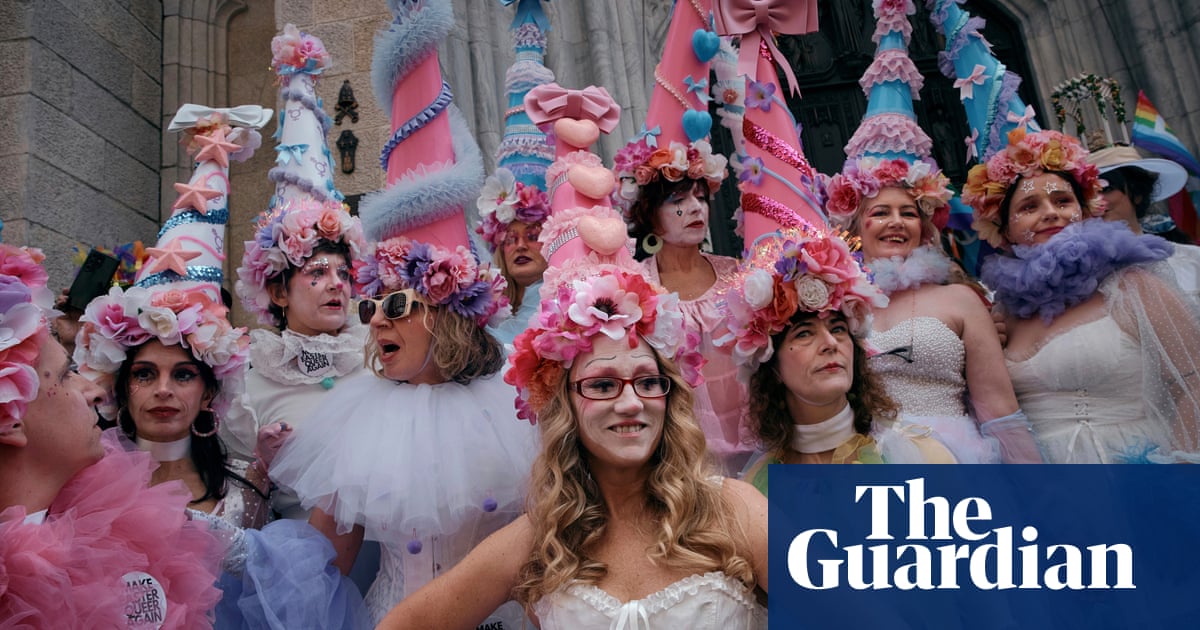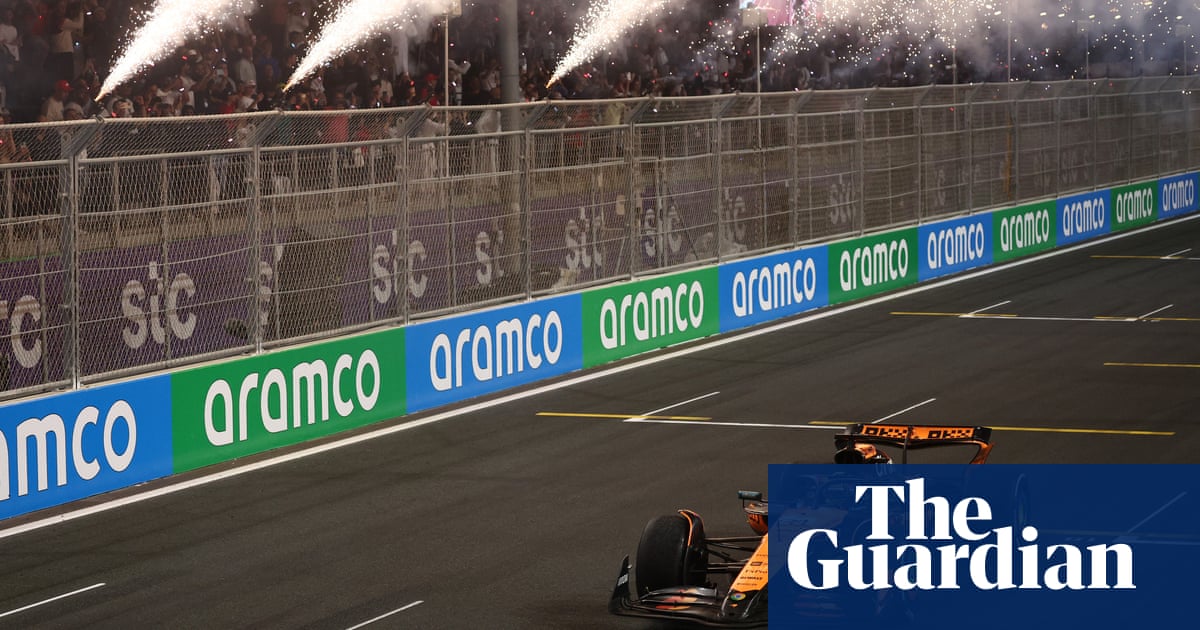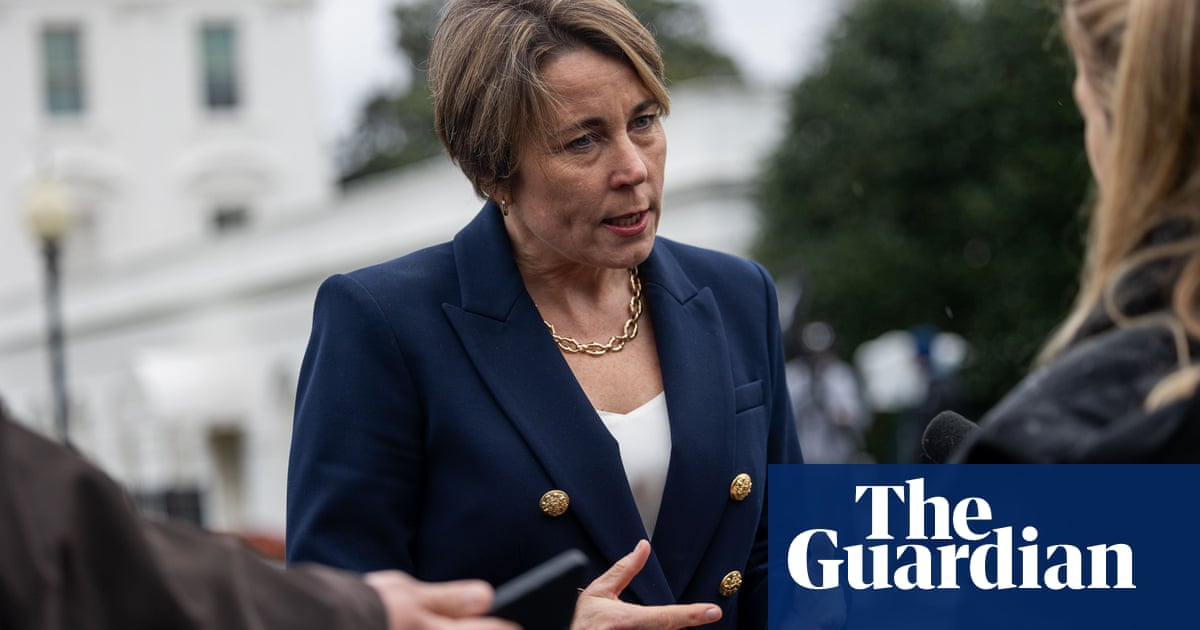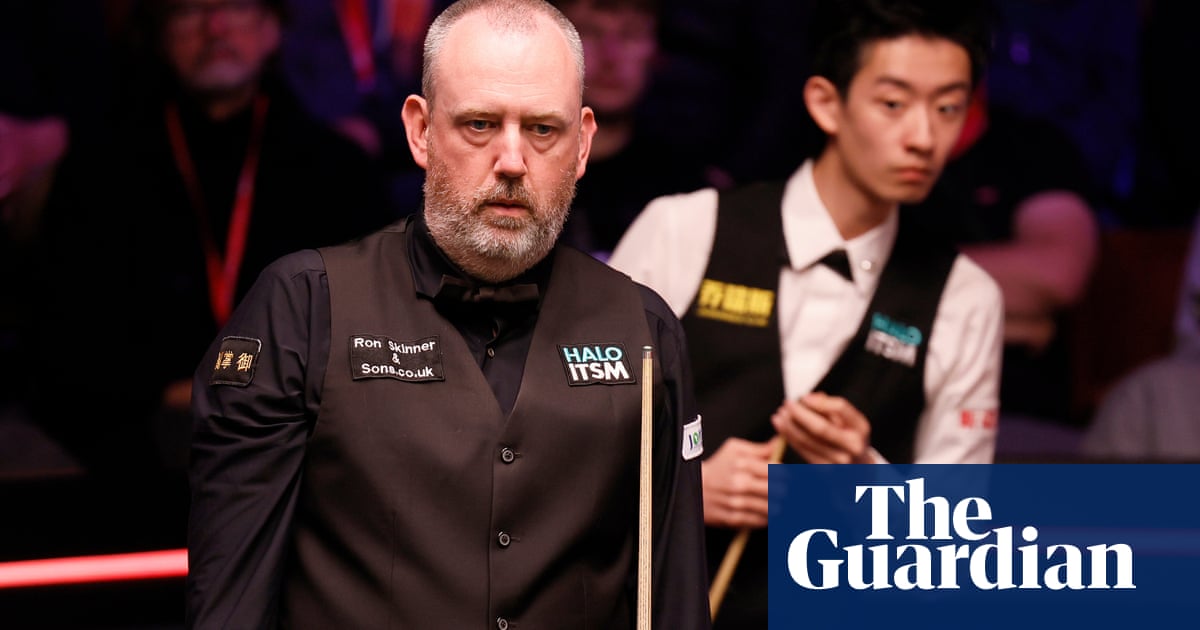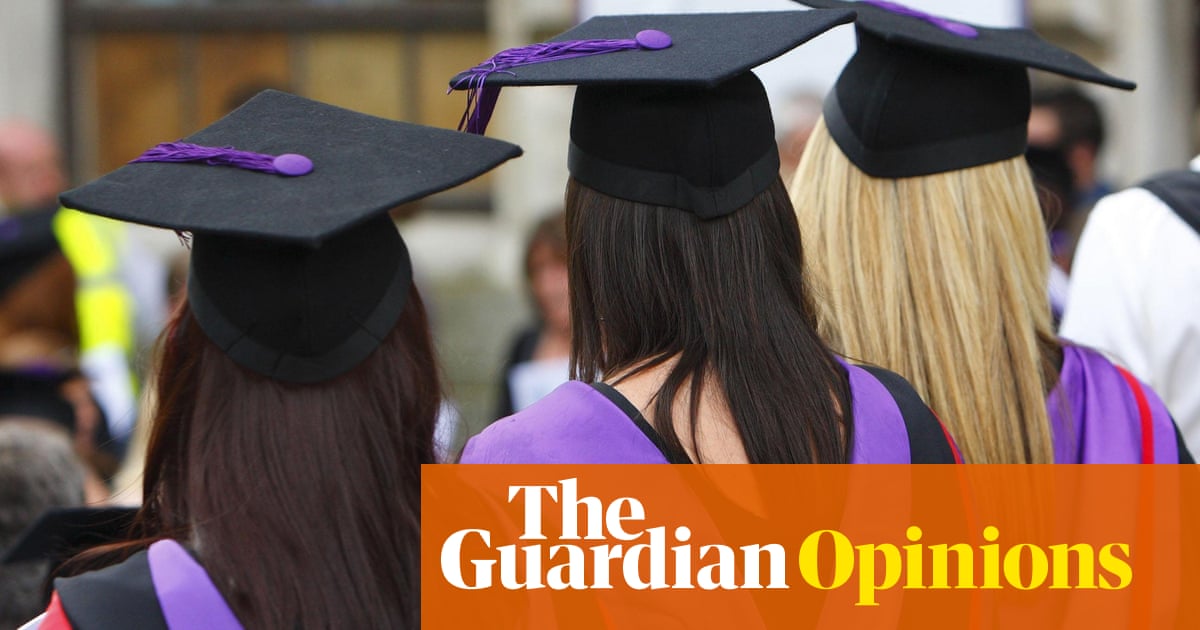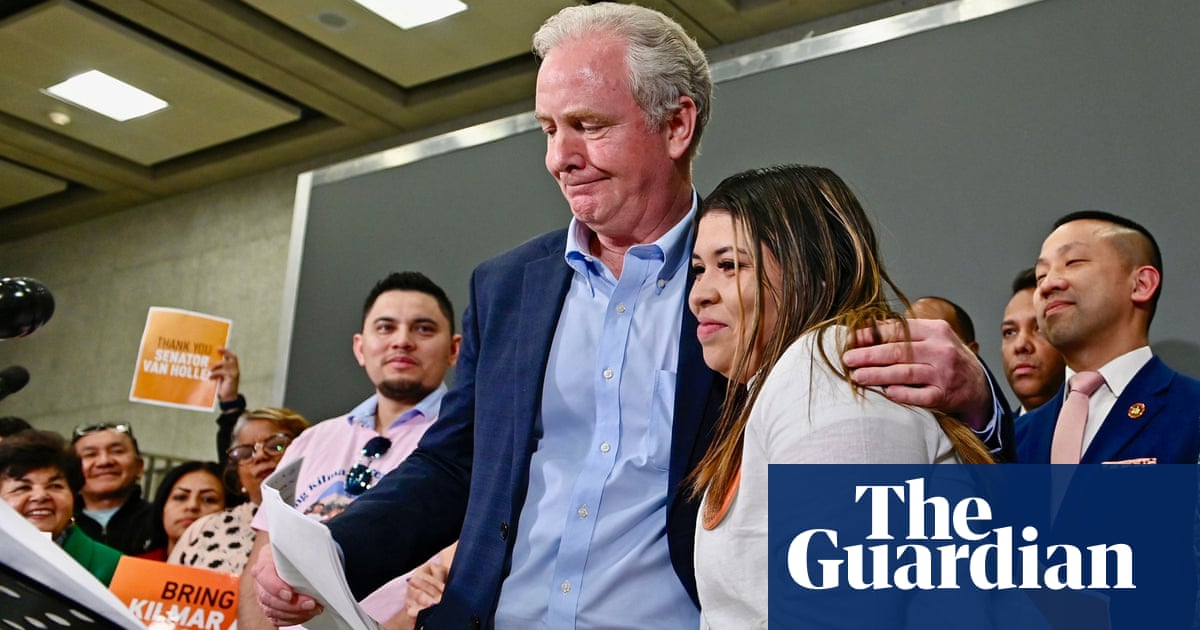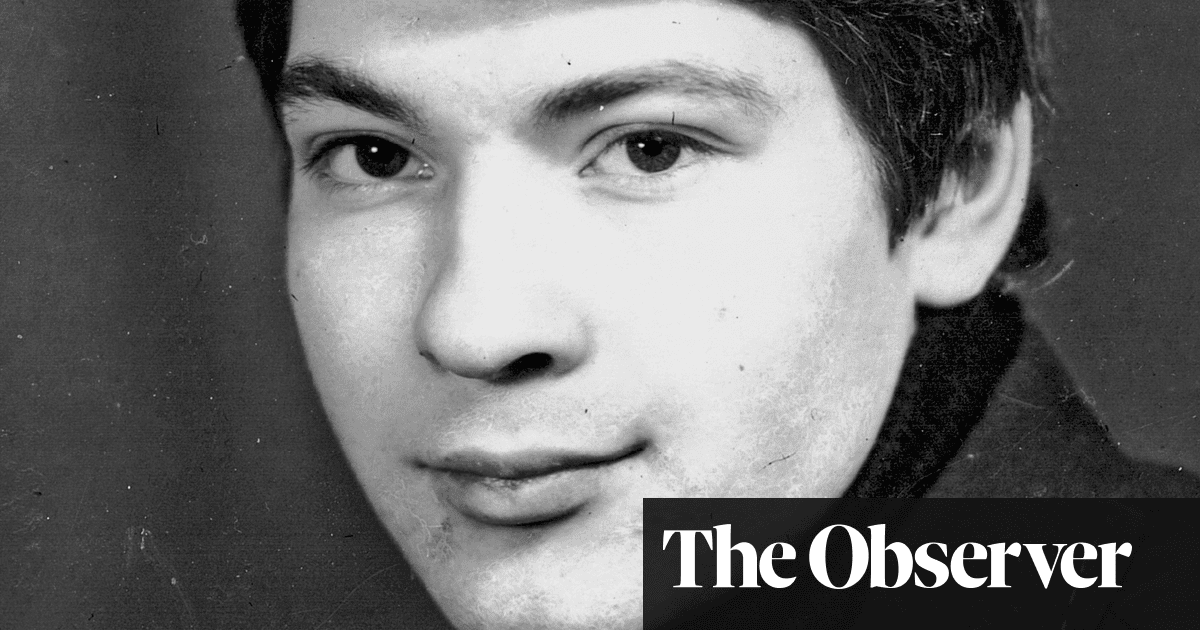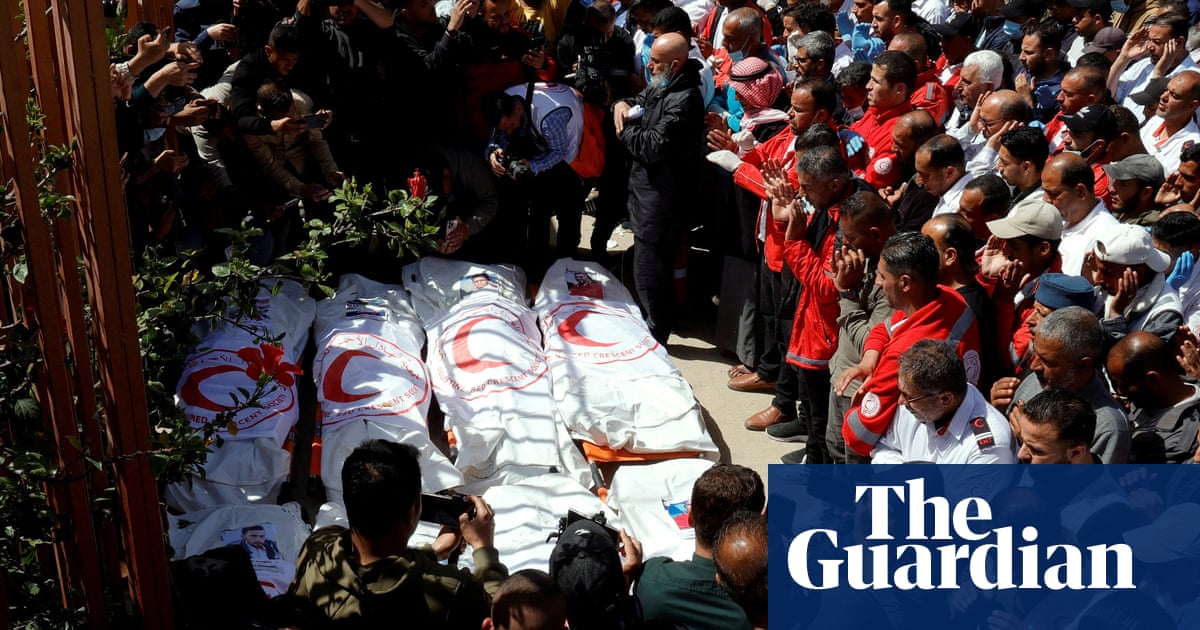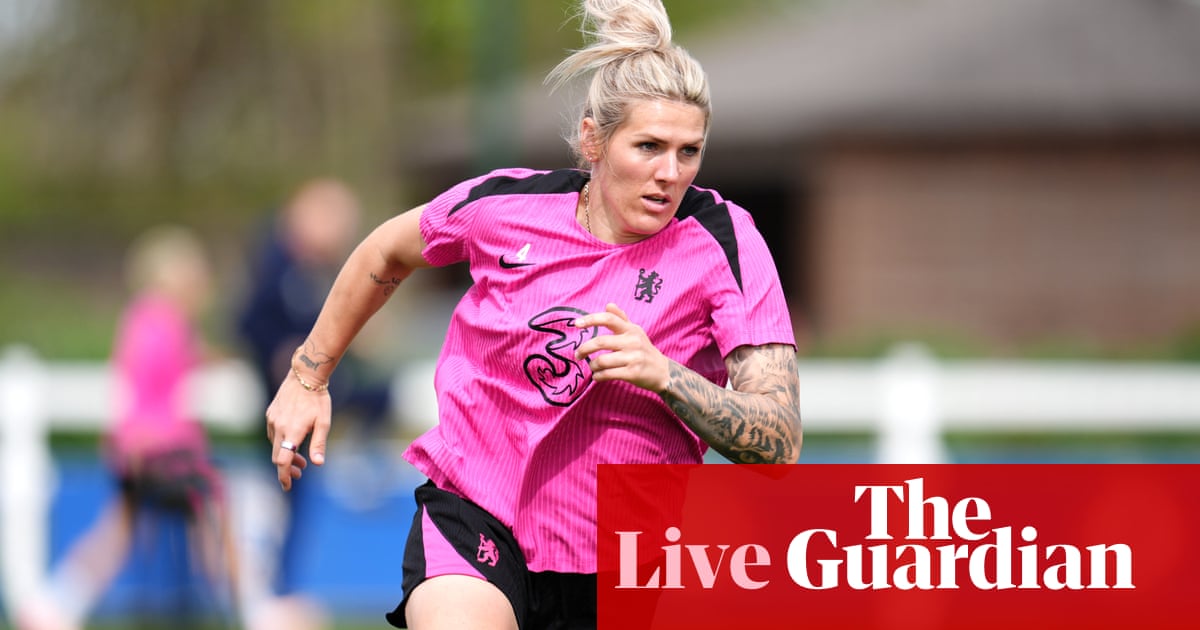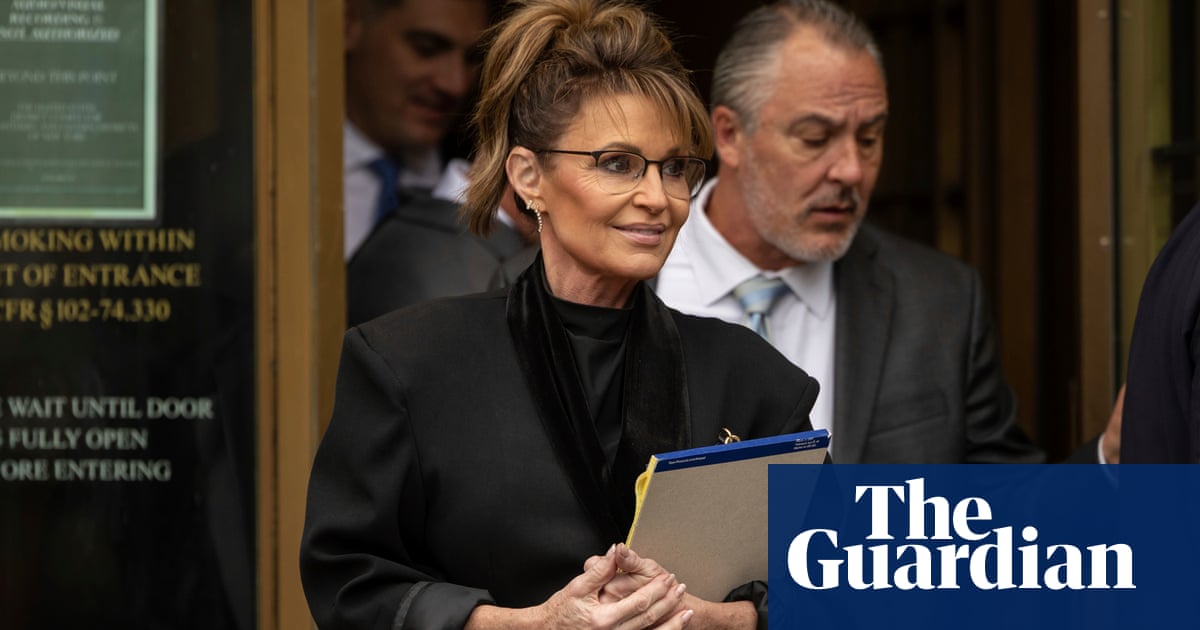Polls have opened in Vanuatu , a Pacific nation grappling with political instability and the logistics of holding a snap election in the aftermath of a 7.3-magnitude earthquake that killed at least 14 people and displaced thousands.
As downtown Port Vila remained shuttered, with multiple buildings earmarked for demolition, some residents lined up in tents from 6.30am to vote.
“I’m looking for someone who has heart, we are facing a disaster, we need someone with integrity and who is going to be stable,” student Jeffrey Namu, 24, said.

More than 350 police officers joined election officials to oversee the elections, in a country where crime and gender-based violence has been on the increase since the quake on 17 December. “It was a challenge for us, it’s very difficult and we don’t want to deprive anyone of the right to vote,” principal electoral officer Guilain Malessas said.
Polls will close at 4.30pm, and the new parliament must sit within 21 days of the official results being declared.
But even as many rebuilt their homes, there was hope – especially among Vanuatu’s youth – that the next government could help glue the country together. “Vanuatu is more at risk from climate change and we need the government to be stable so that when disaster comes, we can address it,” says Laetitia Metsan, 21, an environmental protection student. “For a lot of young people, we are sick of it.”
In June 2024, Vanuatu voted for reforms in a referendum called by then-prime minister Charlot Salwai aimed at improving political stability. Vanuatu’s parliament, known as the “Red Roof”, has 52 seats. The party with the largest majority in the last election won eight seats.
Continual coalition governments have ousted prime ministers on average once a year for the past two decades, with cabinet reshuffles meaning some ministries have seen more than a dozen ministers in two years. Just six months after the referendum, the president, Nikenike Vurobaravu, dissolved parliament after a motion of no confidence in the prime minister.
“We felt blindsided,” Vanuatu politics expert Anna Naupa says. “They don’t have time to get on with the business of running a country, and people are looking towards a government that can solve our economic and social issues.”
Now, many say they felt abandoned during the earthquake response. “We were lost,” says Marie Louise Milne, 35, one of only seven female candidates standing in the elections and also one of the youngest. She had resigned as Port Vila deputy mayor to run for parliament, and said people were asking her for help after the quake.

“The dissolution happened and then the earthquake came and then people were coming to me and saying – where is the recovery? No one came to ask if people were OK, what they needed, water supply, food.”
She wants improvements in women’s health, including cervical and breast cancer detection and treatment and maternity care, and preventing violence against women. “Women need to be heard.”
In Vanuatu, voting is often driven by need rather than ideology, with many islands lacking roads and access to basic healthcare and schooling. Some said they were voting for whoever their chief advised. Others vote based on who could help improve their village.
Noella Velvel, from the island of Ambrym, wants solar street lights, an iron roof for her house, and an increase in the price of copra, a byproduct of coconut, of which her family has a plantation. “When I voted last time, I didn’t see the help coming,” she says.
‘Disillusioned with the process’
Candidates campaigned till midnight on Monday, with convoys of supporters driving through pot-holed streets, waving flags and dancing into the night. Yet many feared the impact of the earthquake and low voter turnout, which dropped below 50% in 2022. Hundreds of Port Vila residents fled to home islands after the quake and are not eligible to vote there, coupled with a new ballot system.
“We’ve been doing a lot of education out in the community,” says Transparency International Vanuatu chief executive Dr Willie Tokon. “But people are saying we turned up to vote in the last snap election and nothing happened.”

Others think it could act as an incentive. “People are disillusioned with the process, and they want change,” says Terence Malapa, Vanuatu Daily Post political reporter.
Standing on a campaign to hold MPs accountable for public money, climate advocate Ralph Regenvanu – a politician with a global profile and his eye on the top job – says he aims to continue holding fossil fuel producing countries to account for their impact on Vanuatu, along with public service reform.
For many, this sentiment resonated. “There are a lot of unemployed people right now, a lot of businesses closed, a lot of people don’t go to school,” says Etul Franky, 44. “We need a government who will sort it out.”

 3 months ago
47
3 months ago
47

